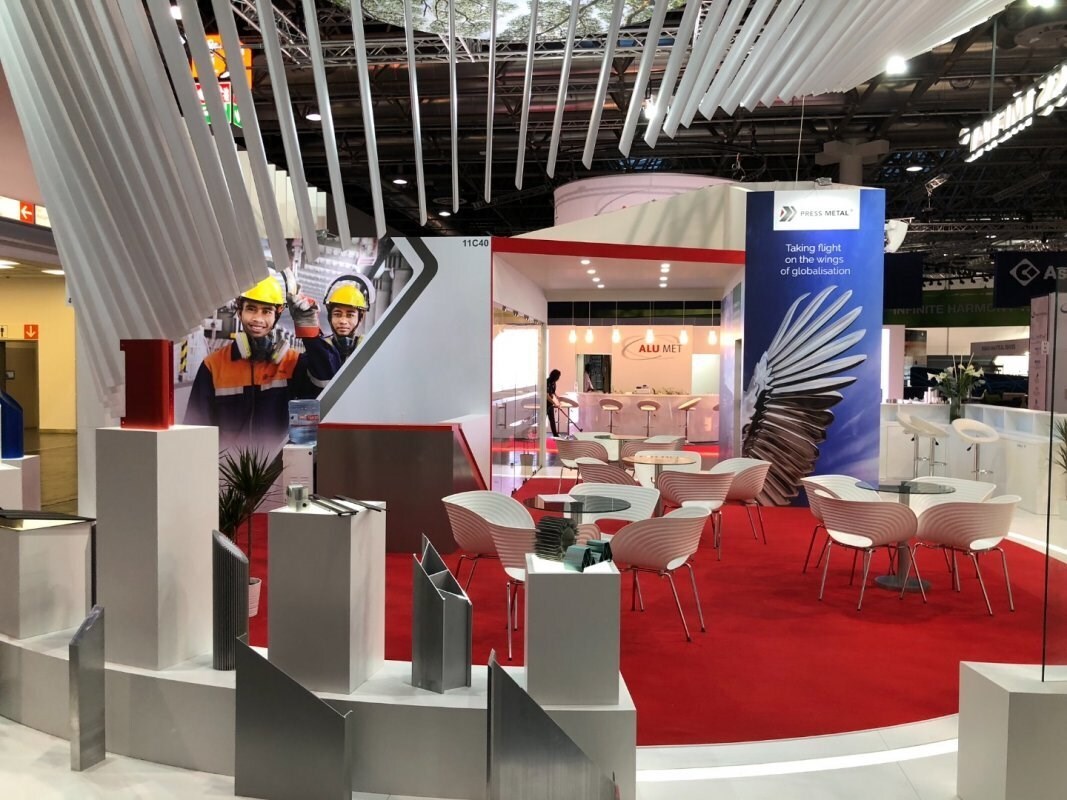您想继续阅读英文文章还
是切换到中文?
是切换到中文?

THINK ALUMINIUM THINK AL CIRCLE

Aluminium prices have climbed steadily through 2025, tightening the pulse of global markets. From April onwards, momentum built, with benchmark prices reaching USD 2737 per tonne by September, catching even seasoned analysts by surprise. The rally has been driven by constrained supply, fragile geopolitical trade flows, and persistent energy cost pressures that have taken capacity offline in multiple regions. Against this backdrop, Maybank Investment Bank Research has raised its outlook on Malaysia’s Press Metal Aluminium Holdings, suggesting the company is well-positioned to capture upside despite volatility.

Image for representational purpose only
Also read: Alba Receives RoSPA President’s Award at Safety Summit 2025
The bullish view is not without caveats. Press Metal earns predominantly in US dollars but reports in Malaysian ringgit, leaving it exposed to currency fluctuations. Analysts estimate that a 5 per cent drop in the US Dollar could slice as much as 13 per cent from earnings, highlighting the delicate balance between commodity strength and exchange rate headwinds. For a company of Press Metal’s scale, this dynamic is a structural factor that could dampen the full benefits of aluminium’s current rally.
Global fundamentals remain tight. Supply growth for 2025 is projected at just 1.0-1.5 per cent, insufficient to cover rising consumption. Inventories on the London Metal Exchange hover near multi-decade lows, while restrictions on Russian exports and China’s production limits add stress to flows. Smelter shutdowns in Europe, driven by high energy costs, have deepened the structural deficit.
On the demand side, growth is uneven. Europe stagnates, the US remains under tariff pressure, but Chinese demand is expected to hold steady, supported by policy and stimulus.
The outlook for the global aluminium business is shaped by both upstream and downstream considerations. Its associate, Nanshan Aluminium International Holdings, continues to provide raw material leverage, but margins remain sensitive to the narrowing spread between alumina input costs and aluminium prices.
Meanwhile, its Indonesian affiliate, PT Kalimantan Alumina Nusantara, is set to commission 1.0-1.2 million tonnes of alumina capacity by Q1 2027, potentially easing input constraints and diversifying supply.
Participate in our upcoming e-magazine - Women in ALuminium: Real Stories. Real Shifts.
Responses








